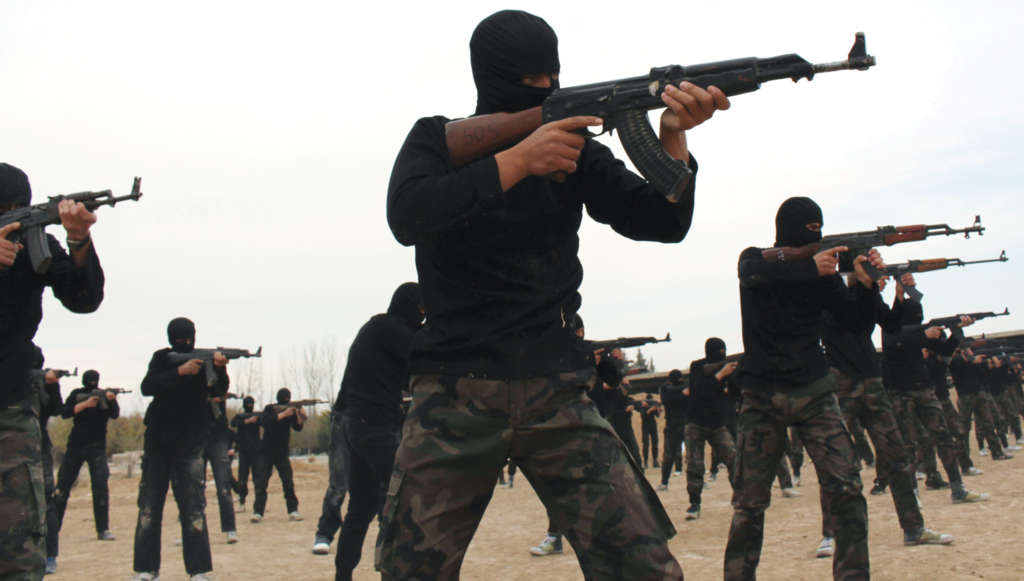Riyadh-While some of the major powers see that terrorism standards apply to ISIS and al-Qaeda-linked al-Nusra Front in Syria, other powers, mainly Russia, believe that different factions and organizations, including Ahrar al-Sham, should also be considered terrorists. Below, you will find a brief research on the organizational structure of this faction, and its intellectual and ideological classification.
Malik al-Abda, co-researcher at King Faisal Center for Research and Islamic Studies, said that the leadership of Ahrar al-Sham movement in Syria implements regular administrative changes based on the development in the field and the performance of the group and its members. He also noted that the movement is trying its best to work according to institutional foundations.
Abda explained that Ahrar al-Sham is one of the opposition’s revolutionary factions in Syria, and has recently implemented a number of changes among the ranks of its political and military leadership. The movement announced in an official statement that it appointed Abu Abdullah al-Shami as a new commander for the movement’s military wing to succeed Abu Saleh Tahan. It also appointed Mounir al-Sayyal as new political leader for the movement and assigned him to come up with a six-month work plan.
Abda noted that the implementation of such changes is a rare case in the Syrian battlefield, which indicates that Ahrar al-Sham is different than the other factions when it comes to the management of its internal affairs and the way it copes with developments.
On another side, the researcher said that the appointment of Sayyal came to fill an administrative gap following a decision for Mohammad al-Shami to handle the management of Aleppo’s battlefield. Yet, the appointment of Abi Abdullah al-Shami took place for more complicated reasons. Abda added that in line with the military expansion of the movement, which covers eight Syrian provinces, the priority will be given to administrative issues.
The researcher continued that these moves are considered part of a series of changes that kicked off with the end of 2015, including amendments in the organizational structure of the movement, such as the elimination of many posts for causing remarkable failures in the Syrian battlefield.
